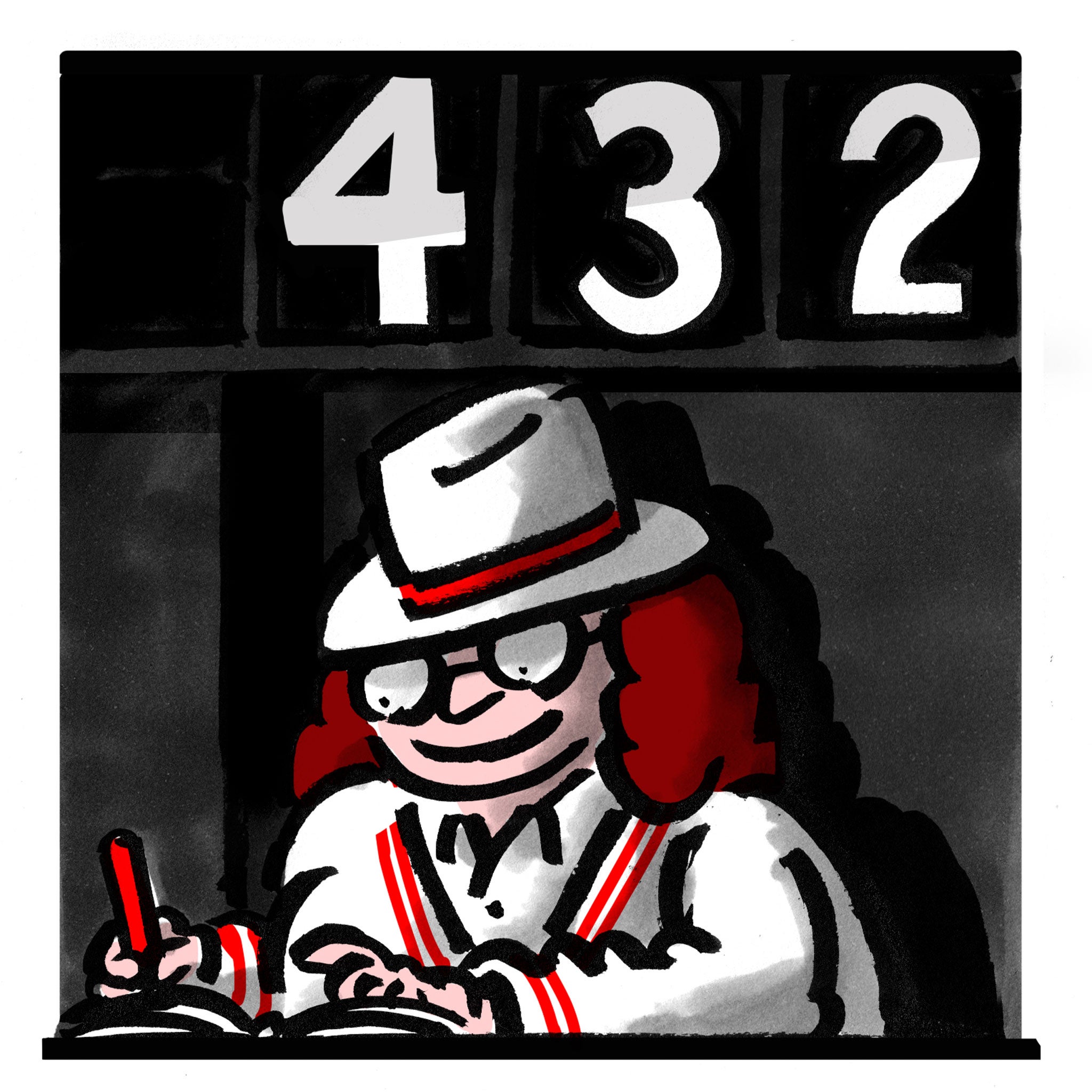Your support helps us to tell the story
From reproductive rights to climate change to Big Tech, The Independent is on the ground when the story is developing. Whether it's investigating the financials of Elon Musk's pro-Trump PAC or producing our latest documentary, 'The A Word', which shines a light on the American women fighting for reproductive rights, we know how important it is to parse out the facts from the messaging.
At such a critical moment in US history, we need reporters on the ground. Your donation allows us to keep sending journalists to speak to both sides of the story.
The Independent is trusted by Americans across the entire political spectrum. And unlike many other quality news outlets, we choose not to lock Americans out of our reporting and analysis with paywalls. We believe quality journalism should be available to everyone, paid for by those who can afford it.
Your support makes all the difference.The Old Erwartonians play in one of the East Anglian Sunday cricket leagues. Their fixtures, staged in tiny villages on the Essex flats or on badly mown meadows in sight of the Stour Estuary, are seldom well attended. Wives and girlfriends are naturally reluctant to accompany their menfolk on six-hour stakeouts in the sun and even less keen on the post-match drinking sessions that follow. On the other hand, one of the cars grinding up the gravel in the pub car park or manoeuvring its way across some far-flung village green will usually turn out to contain the pink-faced and perspiring figure of Maisie Twemlow.
Nobody quite knows what impulse brought Maisie – ever-present on the boundary line these past five years in the position of club scorer – to the Old Erwartonians, nor what satisfactions have sustained her in this role. An amply proportioned woman of indeterminate age, she is certainly no one's wife nor anybody's girlfriend. In fact, her connection with the club is altogether mysterious. No one can remember who first brought her along, nor who suggested that the score book should be entrusted to her plump white hands, but here she is, a half-decade later, straw hat pulled down over her forehead, staring intently over the greensward in search of the umpire's signal.
As for the players, who range in age from late teens to early fifties, it can only be said that Maisie takes a motherly interest. She can be heard advising a middle-aged batsman on the advantages of Deep Heat treatment for his creaking knees with the same solicitude with which she twits one of the teens about his excessive texting. No gender distinctions have ever troubled her; she is once supposed to have walked into a changing room, where two of the bowlers were clad only in their underpants, without turning a hair.
It is the same with the annual dinner, again a mostly male affair, where Maisie sits benignly beneath the shower of bread rolls and can occasionally be persuaded to present statuettes awarded for the worst dropped catch or least-advantageous bowling figures. The wives and girlfriends sometimes worry about Maisie, but in fact she is quite harmless. "It's like having a dozen brothers," she occasionally remarks of her attachment to the team. Of her life beyond the cricket square, no one has ever heard a whisper.

Join our commenting forum
Join thought-provoking conversations, follow other Independent readers and see their replies
Comments